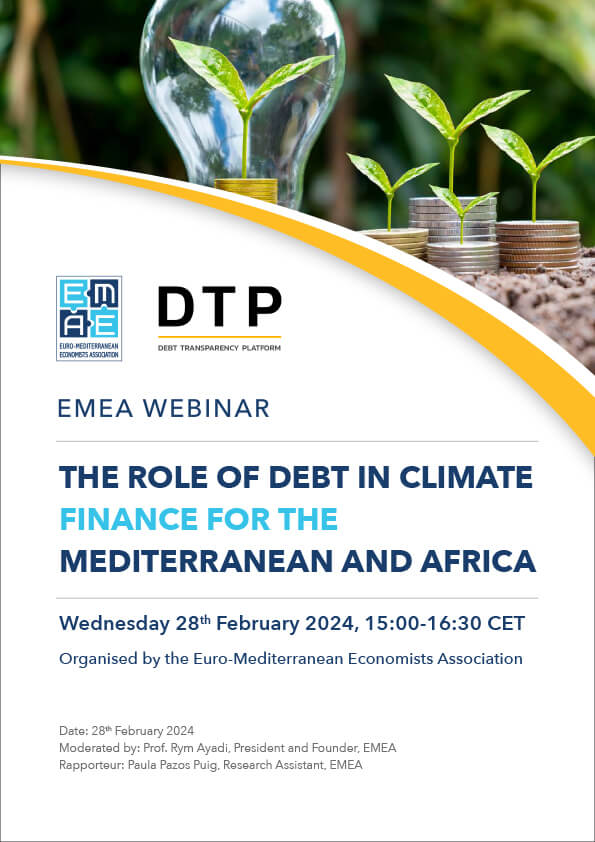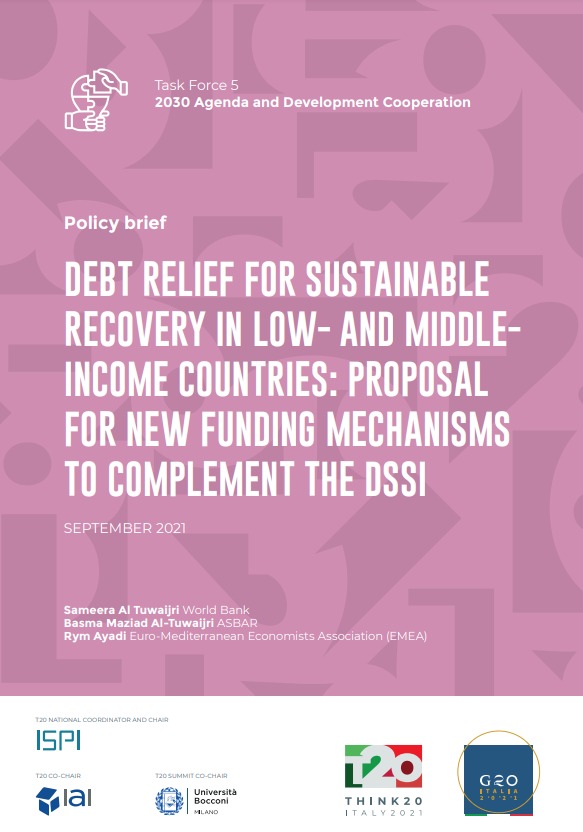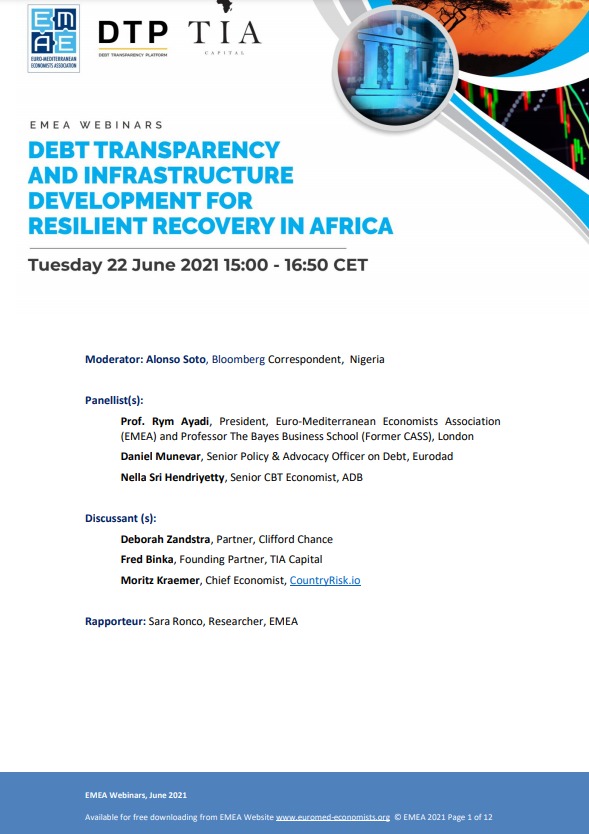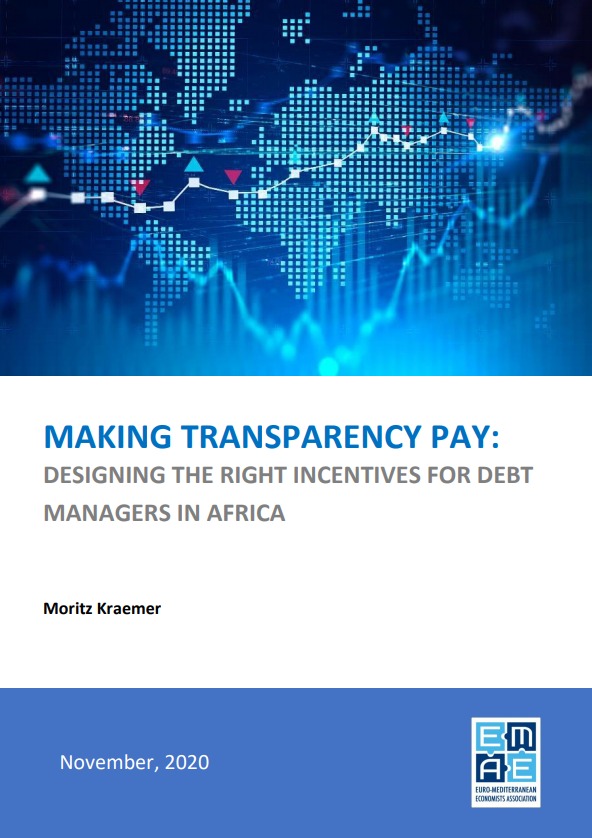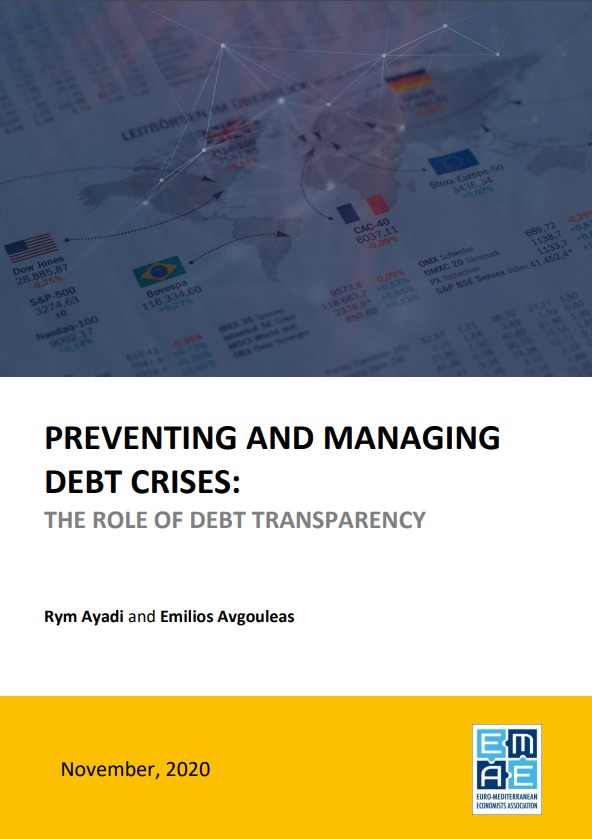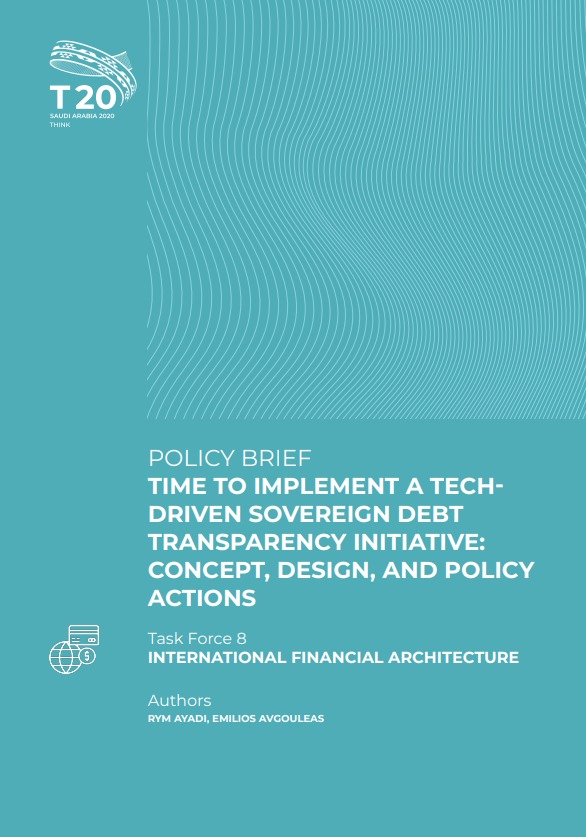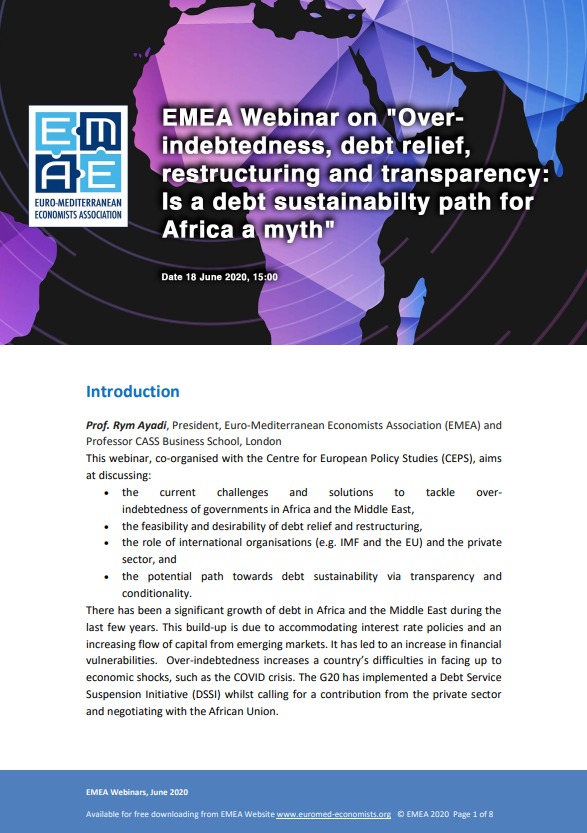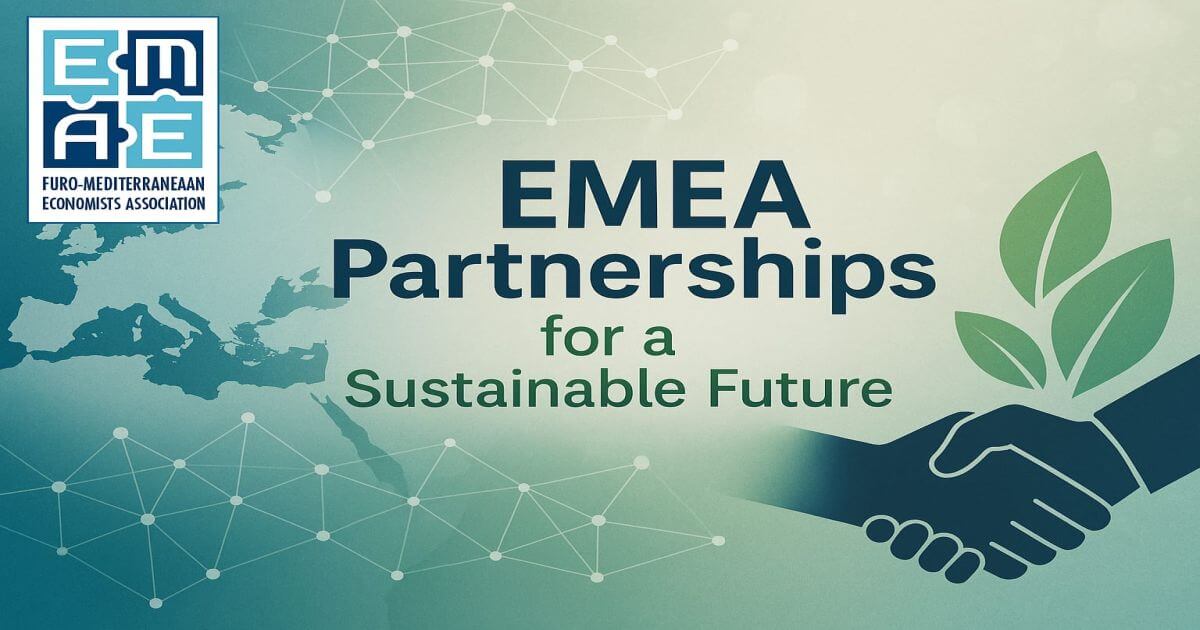Amidst calls for debt relief to mitigate the socioeconomic consequences of COVID-19 in Africa, debt transparency has become an even more pressing issue, in view of the recent wave of debt suspensions under the Debt Service Suspension Initiative (DSSI) for the poor countries and calls for Private Sector Involvement (PSI).
The Debt Transparency Initiative launched by EMEA aims to enhance knowledge about debt related issues, particularly in low-income countries (LICs) and lower-middle-income countries (LMICs).
In line with Ayadi and Avougleas (2020), further debt transparency, via the implementation of a global sovereign debt registry, can reduce the risk of a messy and costly systemic debt crisis, ensure an orderly sovereign debt resolution, reduce the risk of an abrupt loss of market access and foster prudent management of sovereign borrowers, thus, limiting endemic corruption and enhancing sustainable growth.



